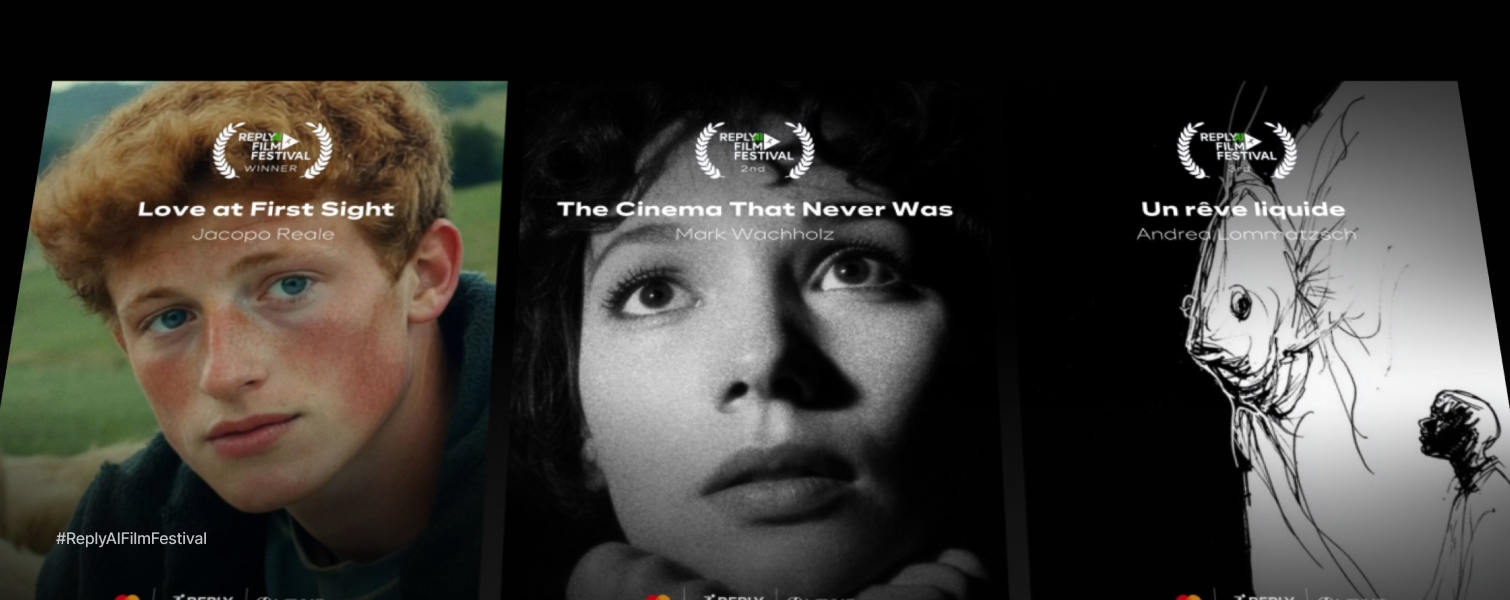The Grand Prize of €8,000 went to Love at First Sight by Jacopo Reale. Love at First Sight is a short film that explores the delicate and sometimes mysterious dynamics of human imagination and perception. At its core, the film examines the act of observation—who imagines whom, and how feelings can emerge from fleeting illusions. Using AI as a creative tool, the film transforms intangible thoughts and hypothetical interactions into vivid, emotionally resonant imagery. It’s less about traditional storytelling and more about capturing the essence of emotion, showing how brief glimpses of imagination can spark profound emotional experiences for the viewer. Reale said that AI “lets me distill stories to their essence, giving rhythm and meaning to images that don’t exist…yet somehow still break your heart.” Basically, AI: the world’s tiniest, most efficient heartbreak machine.
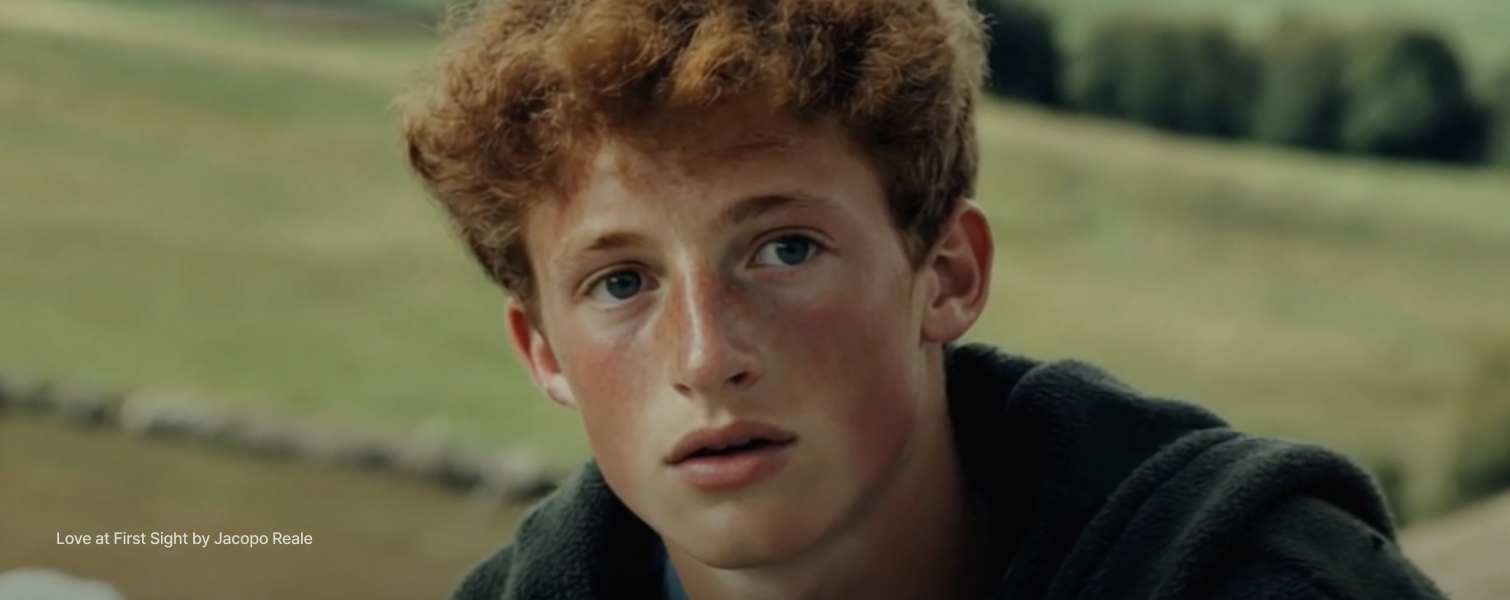
Second place (€5,000) went to The Cinema That Never Was by Mark Wachholz, described as a love letter to movies that never made it off the cutting room floor—or, let’s be honest, never existed at all. Wachholz called AI his “co-archaeologist of imagination,” digging up cinematic fossils that still have the power to haunt our screens. Third place (€2,000) was Un Rêve Liquide by Andrea Lommatzsch, a story he had carried in his head for years and finally brought to life with AI.
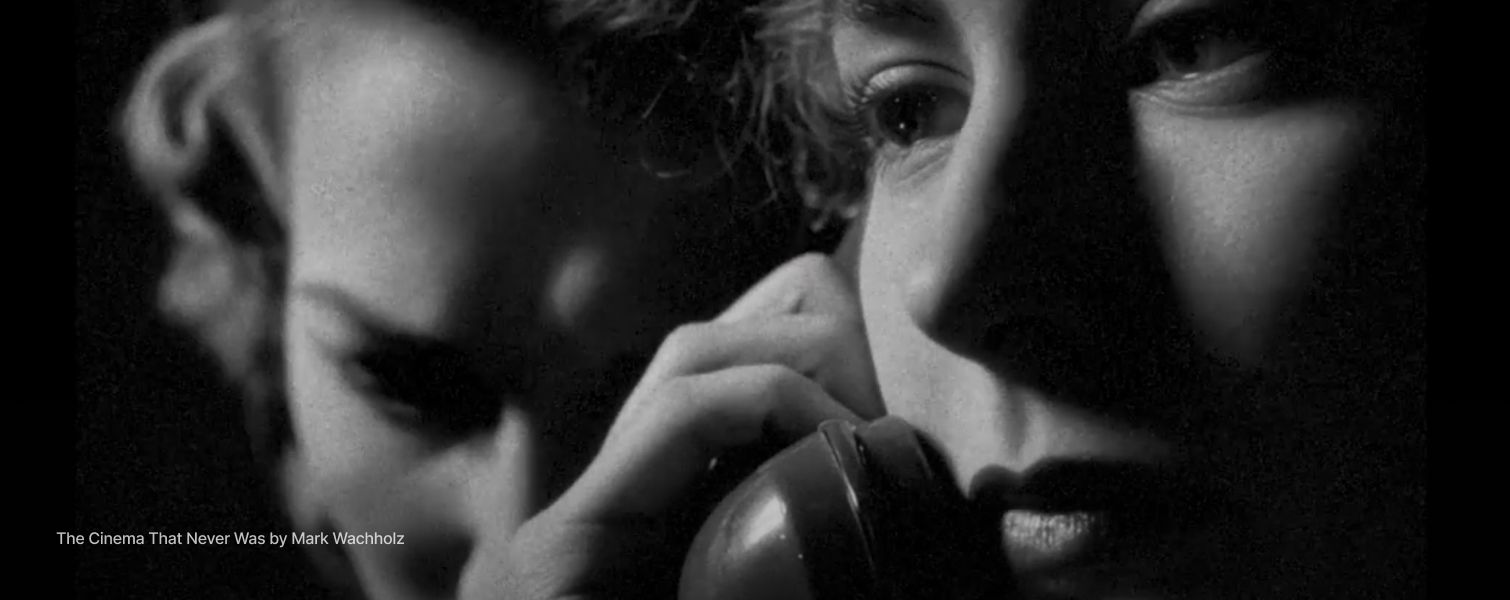
Two special awards added even more flair: Marcello Junior Costa snagged the Lexus Visionary Award for Instinct, proving a film can be entirely AI-generated and still feel like a traditional cinematic experience, while Shanshan Jiang earned the AI for Good Award for Clown, exploring the emotional toll of performance in the digital age. If this festival had a motto, it would be: “AI may not pay your bills, but it sure can win you an award.”
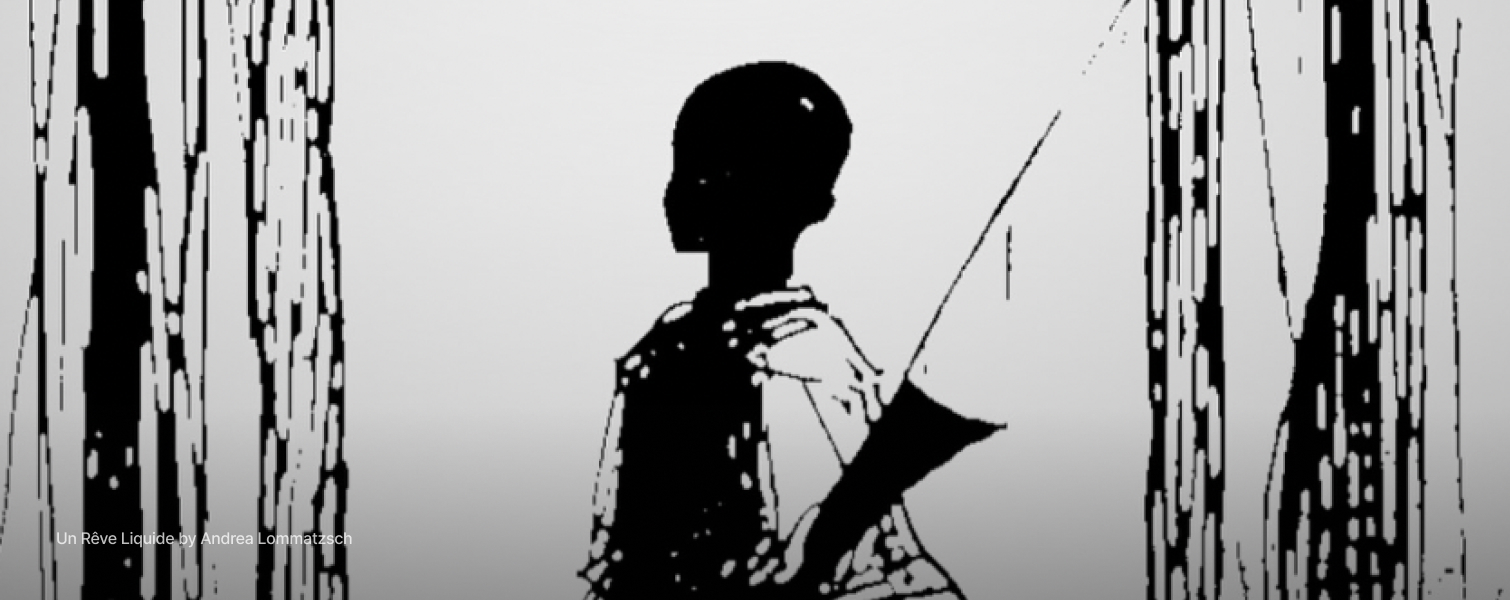
Walking into the Reply Festival felt like stepping into a sci-fi lab where your favorite directors were sipping digital coffee with a legion of algorithms—though, let’s be real, the algorithms haven’t quite mastered caffeine yet. Over 2,000 submissions in the cinematic AI category gave a peek at a world where storytelling isn’t just human anymore, and software isn’t just a tool—it’s a co-pilot.
As Filippo Rizzante, Chief Technology Officer at Reply put it: “Our software factories are much more efficient…doing software will be in the hands of many more people. Not just engineers like me, but practically everyone.” Translation: you dream it, AI codes it, and suddenly your idea about a raccoon running a space station becomes a fully rendered short film. Software is spreading, and with it, the power to reshape industries, societies, and apparently even your Friday night binge list.
For cinema, Rob Minkoff, co-director of The Lion King and creator of numerous films including Stuart Little, The Haunted Mansion, and Mr. Peabody & Sherman described what felt like a quantum leap: “This year’s crop is a glimpse of what will be possible in the future.” Gone are the days when AI films looked like glorified slideshows with robotic lip-syncing. Today, AI films hold stories, keep characters believable, and craft immersive worlds. Dave Clark, founder and Chief Creative Officer of Promise added: “You wouldn’t even believe it was done with a machine.” One creator can now do what used to take an army of artists—AI is basically the Swiss Army knife of film studios.
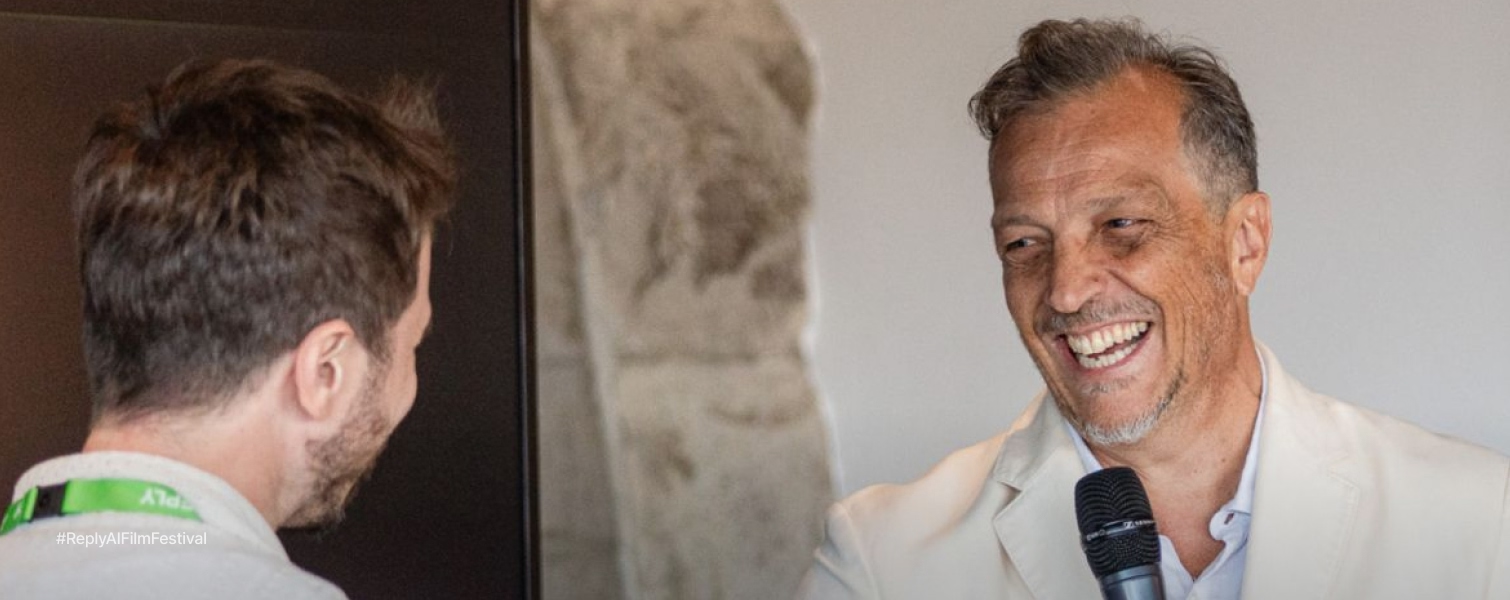
Technical hurdles remain, though. Clark warned that photorealism is still tricky: “2D animation is safe…photorealistic look? Not quite there yet.” The takeaway? AI isn’t here to replace creativity—it’s here to make your toolbox bigger, shinier, and slightly more magical. Think A Scanner Darkly, not Mission Impossible.
Business-wise, Hollywood is dipping a cautious toe into AI while indie creators are riding a full-blown AI tsunami. Minkoff noted: “All the development will happen in the independent part of the business, eventually crashing like a wave onto the traditional media shore.” Translation: indie filmmakers are busy breaking the rules while the majors are still figuring out where the “on” switch is.
Workflow is changing too. Filmmaking is moving toward an “animation-first” model: script, storyboard, animatics, and AI-assisted production. Charlie Fink, Forbes columnist and AR/VR/AI guru explained: “You set the shot length before you animate, so you know exactly how many frames you’ll need.” Spontaneity on set? Optional. Precision and planning? Mandatory.
Hybrid methods are popping up everywhere. Clark described blending live-action stunt choreography with 3D AI-generated worlds, producing cinematic sequences while saving time and money. Netflix and Amazon are already experimenting—soon, generative AI and virtual production might just be the cinematic equivalent of peanut butter and chocolate.
And yet, not everything is automated. Minkoff boldly predicted: writers and directors will remain essential; actors might evolve. “Actors work because we love the actor…they are the brand of themselves.” AI can imitate performances, but human charisma? That’s staying firmly in the actor’s court—for now.
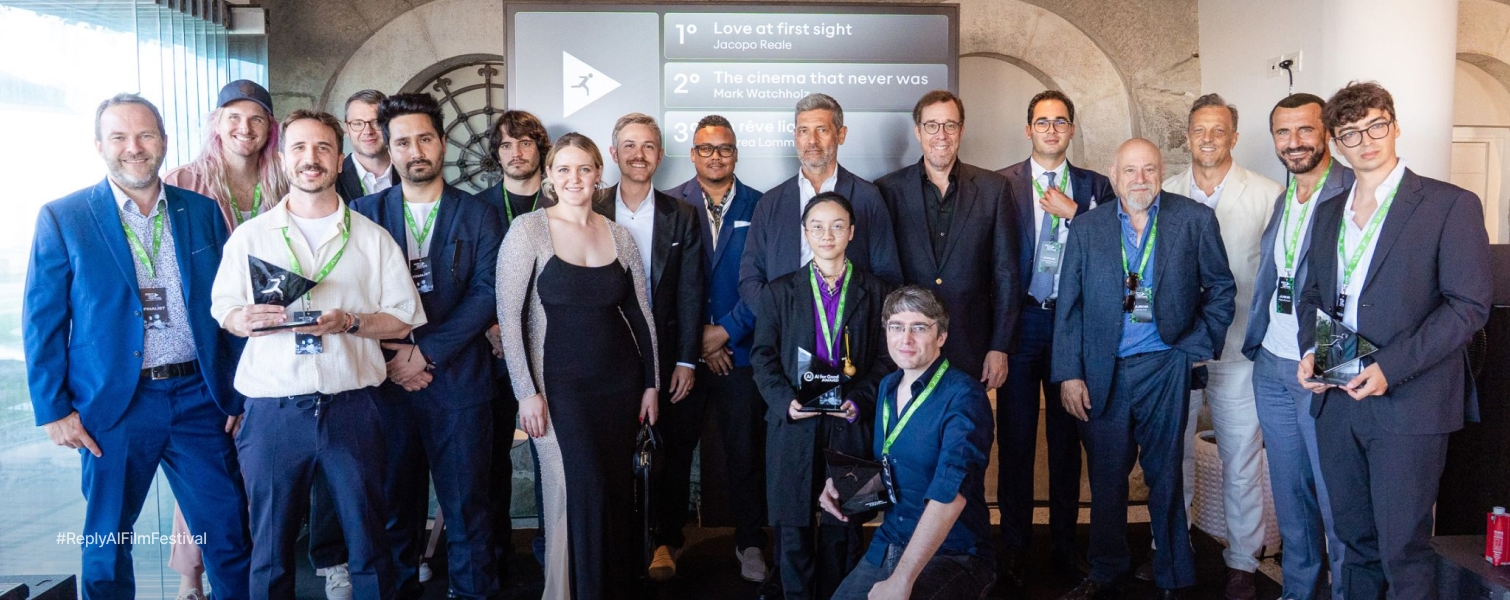
By the festival’s end, one thing was clear: AI is here not as a replacement, but as a creativity amplifier. Some filmmakers might feel like they’ve been handed a lightsaber: thrilling, a little dangerous, and capable of slicing through old conventions with razor-sharp precision. Rizzante summed it up best: “It’s not only about having the technical capability of using those AI tools. You still need a good story, good storytelling…to define characters and things like that.” Ideas remain sacred, but the canvas is expanding exponentially.
So, five years from now, will we call AI a tool, a collaborator, or a co-director? And the bigger question—will it start whining about deadlines before the interns do?

